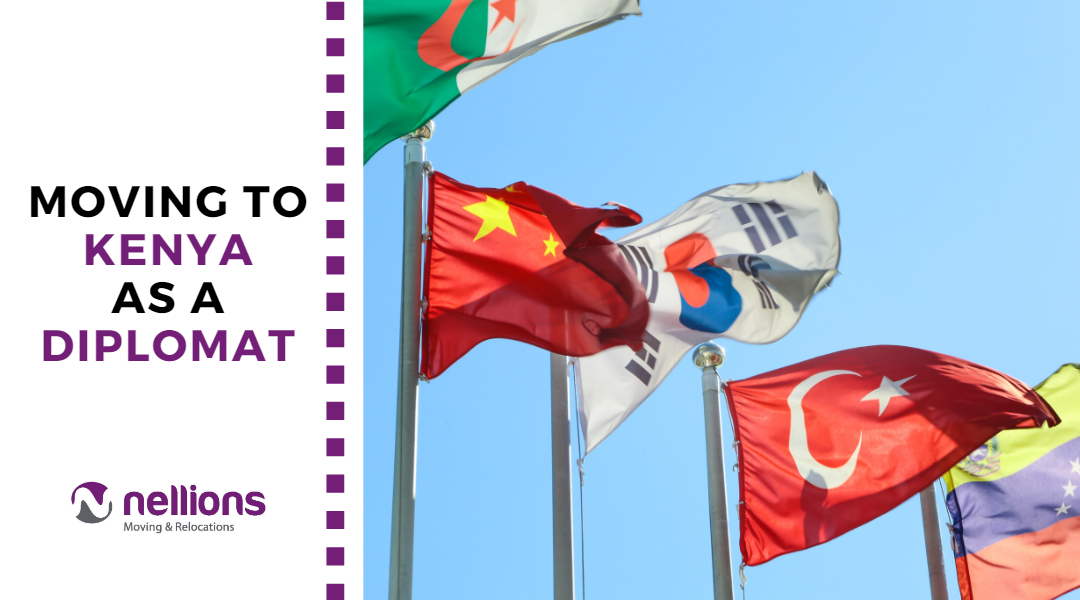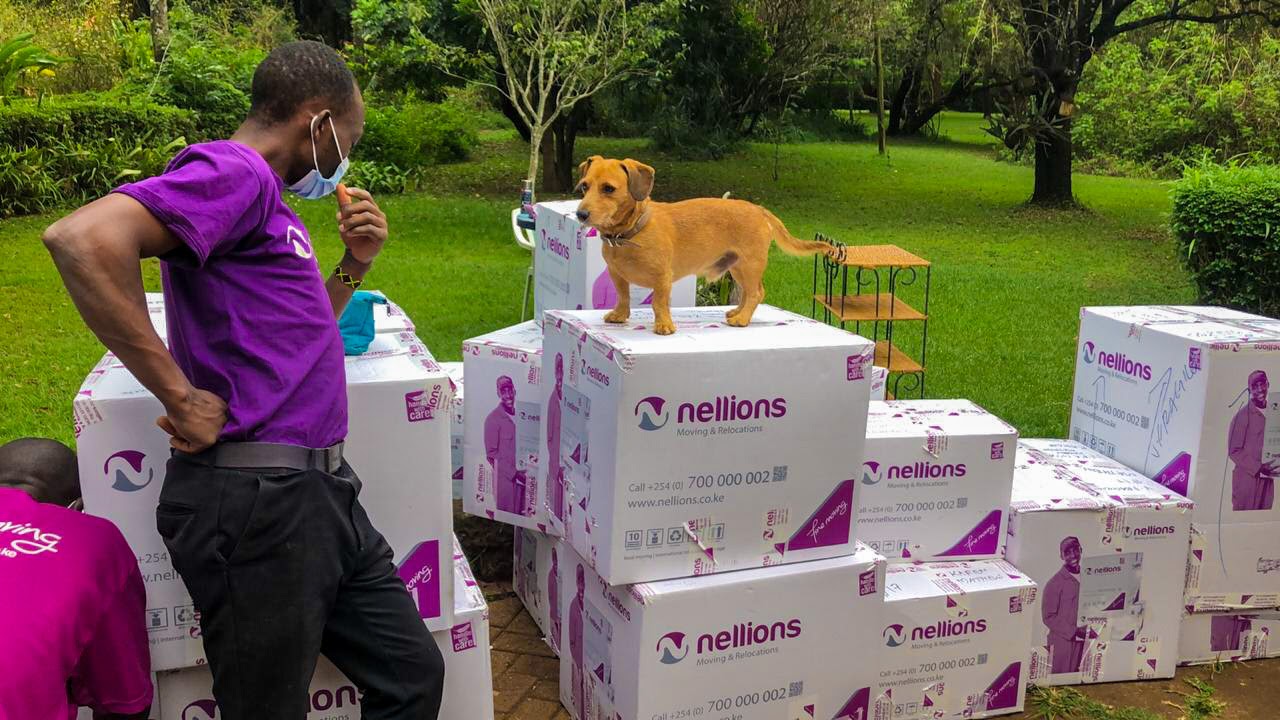Last updated on June 15th, 2023 at 07:48 am
Moving to Kenya as a diplomat is an exciting opportunity to experience one of the most beautiful, diverse, and vibrant countries in Africa.
Kenya is known for its friendly people, stunning wildlife, and rich cultural heritage. From the wild and rugged landscapes of the Maasai Mara to the white sandy beaches of the coast, Kenya also boasts some of the most stunning natural scenery in the world.
Therefore, whether you’re an experienced diplomat or a newcomer to the world of international relations, moving to Kenya can be an exhilarating and life-changing experience. You’re certainly in for a treat!
But even as you relocate to East Africa’s gateway and hub for trade and investment, there are some important things you need to know and do. As a diplomat, you’ll enjoy certain privileges and exemptions, but you’ll also be subject to specific requirements and regulations.
A little preparation will help you avoid trouble when shipping household goods and personal effects, as well as your motor vehicle.
Remember, failure to comply with Kenya’s regulations could lead to costly delays or even confiscation of your items by Customs officials. Here’s what you need to keep in mind when relocating to Kenya as a diplomat.
1 – Diplomats Must Be Accredited by the Kenyan Ministry of Foreign Affairs
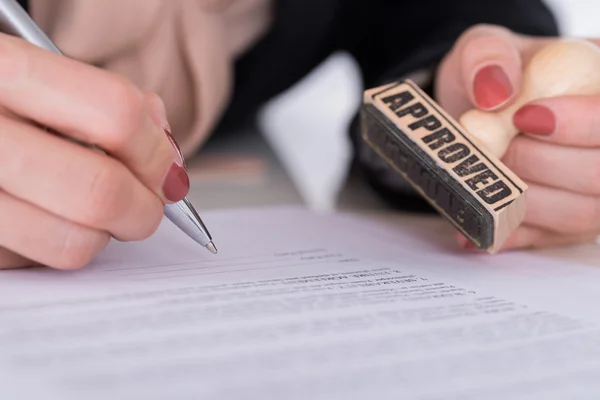
Before you can perform any official duties in Kenya, your status and authority as a foreign diplomat must be formally recognized by the Ministry of Foreign and Diaspora Affairs.
Kenya must first be notified by your organisation, ministry of foreign affairs, or country of origin about your appointment. While a copy of your contract or letter of offer will typically do, a verbal note may also be used in lieu of an invitation letter.
An agreement letter is then processed and issued to the sending state or organisation after Kenya receives your name, rank, date of arrival, and copy of passport.
This agreement letter confirms the acceptance of the diplomat and grants him or her diplomatic privileges and immunities in Kenya, as per the Vienna Convention on Diplomatic Relations of 1961. The letter must be attached when applying for a Courtesy Visa.
2 – Diplomats Require a Courtesy Visa to Enter Kenya
Kenya issues Diplomatic, Official, and Service passport holders coming to Kenya on official duties a Courtesy Visa free of charge.
The Director General of Immigration Services may also grant an ordinary passport holder the Courtesy Visa on the grounds of international courtesy.
To apply for the Courtesy Visa, you must:
- Be a holder of a Diplomatic, Official, or Service passport
- Possess a valid travel document not less than six months
- Hold an official letter from your country of origin, organisation, or foreign affairs
- Upload a clear, passport-size colour photograph taken with the past 6 months
- Upload a scanned clear picture of your passport biodata page
Once documentation is submitted, your application is processed within 2 to 14 working days, depending on your visa application country, then an approval email is sent.
This email provides a link to download your eVisa, which you can print out and present at the port of entry along with your passport.
3 – Diplomats Must Have a KRA PIN to Ship Personal Effects to Kenya
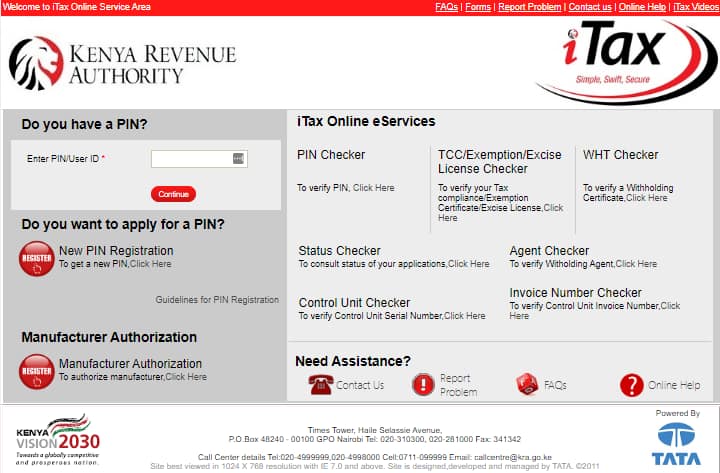
An important requirement for any diplomat shipping their household goods and personal effects to Kenya is a Kenya Revenue Authority (KRA) Personal Identification Number (PIN). The KRA PIN is a unique identification number issued to every taxpayer in Kenya.
Upon confirmation of your accreditation by the Kenyan Ministry of Foreign and Diaspora Affairs, you’ll need to apply for the KRA PIN to enjoy benefits and services including:
- Customs clearance
- Tax waivers and exemptions
- Opening local bank accounts
- Vehicle registration
- Utility connections
You can apply for a KRA PIN through an authorised tax agent or via the iTax portal using your diplomatic passport number and official email address. You’ll receive an acknowledgment receipt and a PIN certificate upon successful registration.
Expert Tip: Ensure you consult your protocol office to establish their preferred method for processing diplomatic staff’s KRA PINs through the Kenya Revenue Authority.
4 – Form PRO-1B and Other Documents Are Needed to Ship Household Goods and Personal Effects Duty-free for Diplomats
The PRO-1B form, which is processed by the incoming diplomat’s protocol office through the Ministry of Foreign and Diaspora Affairs, grants diplomats duty-free clearance for their personal effects.
Additionally, an approved PRO-1B ensures that diplomatic goods aren’t subjected to physical inspection by Customs. However, diplomats are still NOT allowed to bring prohibited items such as narcotics, pornographic material, game trophies, and explosives into the country.
Working with a reputable moving company ensures you’re aware of how to navigate the importation of restricted items such as firearms while steering clear of prohibited ones.
Important to note is that Kenya doesn’t qualify alcoholic beverages as household goods and personal effects. Therefore, diplomats who desire to import alcohol duty-free must fill out the PRO-1A tax waiver.
Like the PRO-1B, form PRO-1A is also processed by the diplomat’s protocol office through the Ministry of Foreign and Diaspora Affairs, and must be approved to grant duty waivers.
Other important documents required by diplomats moving to Kenya include:
- Detailed packing list
- Valued and detailed inventory
- Air Waybill (AWB) / Sea Waybill (SWB)
You’ll also need a KRA PIN certificate, as well as a copy of your passport profile, complete with the Kenya entry stamp pages. These prove that you’re in Kenya legally and are entitled to diplomatic exemptions.
While navigating these forms and processes can feel overwhelming, having a team of professional moving experts guide you through correctly declaring your goods will take a load off your back.
5 – Diplomats Can Import up to Two Duty-Free Motor Vehicles
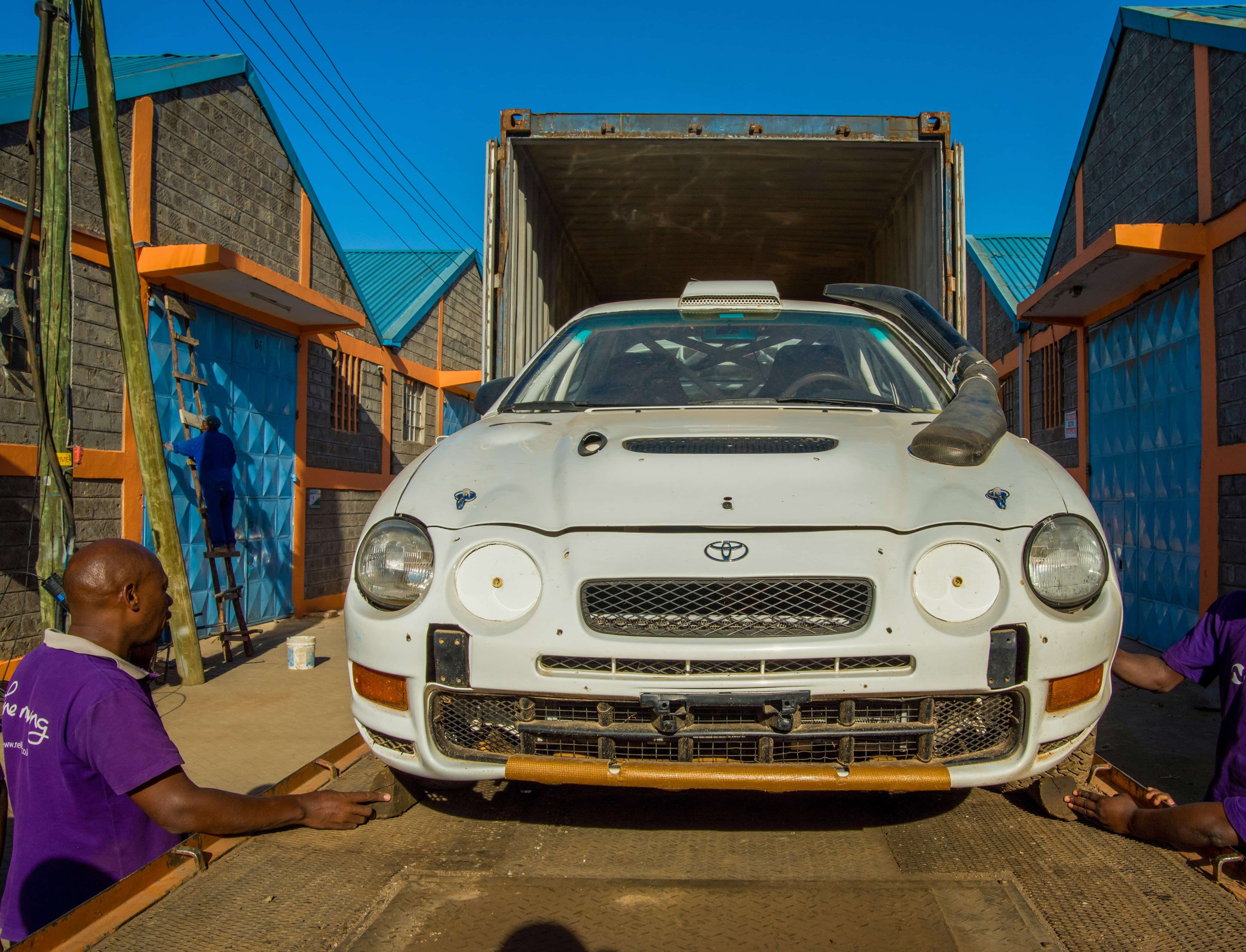
While Kenya typically grants diplomats a single waiver for the duty-free importation of one vehicle, it’s possible to get a waiver for your spouse’s or dependant’s car.
However, since this is NOT automatic, you’ll need to liaise with your protocol officer for further clarification on whether you qualify.
Whatever the case, you must present the following documents to import your vehicle duty-free:
- PRO 1B
- KRA PIN
- Ex-logbook
- Commercial invoice (if new)
- Certificate of Roadworthiness
- Bill of Lading (BL) or Air Waybill (AWB)
- Certificate of ownership / Vehicle registration certificate
- Police / Interpol report from country of origin
Quality Inspection Services Japan (QISJ) is Kenya’s preferred issuer of the certificate of roadworthiness or inspection certificate. This certificate is also known as the KEBS Pre-Shipment Certificate of Roadworthiness or Certificate of Conformity.
If there’s no QISJ presence in your country of origin, the vehicle will be subjected to a local inspection upon arrival. The local inspection is done at the cost of 0.65% of the car’s value, or US$265, whichever is higher.
READ MORE: Moving to Kenya with your Used Motor Vehicle
6 – Duty-Free Vehicles Must Still Adhere to Certain Conditions
In addition to the documentation required when relocating to Kenya with your car as a diplomat, there are other rules that must be observed.
You must ensure the vehicle you’re importing:
- Is a right-hand drive vehicle
- Is less than eight years old from the date it was first registered
- Isn’t a bus or minibus whose seating capacity is more than 13 passengers
Take note that Kenya forbids diplomats from ordering or purchasing duty-free items, cars included, on behalf of unprivileged staff or other members of the public. Therefore, you can’t just sell off your vehicle after importing it duty-free.
Instead, you’ll need to obtain permission from the Ministry of Foreign and Diaspora affairs. A duly approved PRO-1C is required to complete this motor vehicle transfer, which typically involves selling it to a fellow diplomat. Your buyer will be required to process a PRO-1B.
However, if you sell your car to a non-diplomat, the applicable import duty and taxes on the vehicle must be paid, as well as any other fees required for registration and licensing.
7 – Your Vehicle Must Be Registered with NTSA
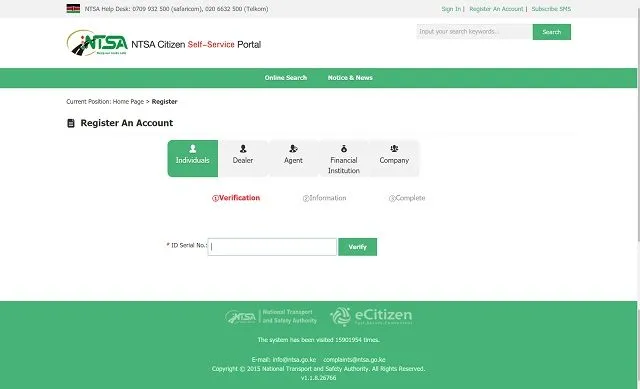
Once you’ve imported your duty-free motor vehicle, you must register it on the National Transport and Safety Authority (NTSA) Transport Integrated Management System (TIMS) [NTSA-TIMS] platform.
To register on NTSA-TIMS, you’ll need your:
- Diplomatic ID card
- KRA PIN
- Personal phone number
Upon successful registration, the NTSA assigns your vehicle a registration certificate (or logbook) and diplomatic plate numbers.
Make sure to coordinate with your protocol office when completing this step.
That’s because diplomatic missions and qualifying international organisations are responsible for submitting written requests to the Ministry of Foreign and Diaspora Affairs for the issuance of diplomatic plates.
You may also consult your protocol office for advice on approved or preferred vehicle insurance cover providers, and on selling your vehicle at the end of your tour.
8 – Diplomats Qualify for Duty and VAT Exemptions
Diplomats qualify for various privileges and exemptions based on various laws and as outlined by the Kenya Revenue Authority.
The table below illustrates the taxes diplomats are exempted from paying, as well as the legislation that supports the exemption.
| Tax/Duty | Supporting Legislation |
| Import duty | East African Community Customs Management Act, 2004 (EACCMA) |
| Excise duty | Excise Duty Act, 2015 |
| Value Added Tax (VAT) | VAT Act, 2013 |
| Import Declaration Fees (IDF) | Miscellaneous Fees and Levies Act, 2016 |
| Railway Development Levy (RDF) | Miscellaneous Fees and Levies Act, 2016 |
The duty exemption privileges granted to diplomats shipping their household goods must be utilised within three months of arriving in Kenya, or six months if importing a motor vehicle.
Additionally, these privileges aren’t applicable if the diplomat has previously been granted an exemption under diplomatic basis.
9 – Shipping Documents Must Be Received 15 Days Prior to Arrival of Goods

Your licensed customs clearing agent must have all shipping documents at hand at least 15 days before the arrival of your household goods and personal effects.
Fifteen days allow sufficient time for the processing of the duty-free exemption certificate before the goods can be released under the Integrated Customs Management System (iCMS).
In the case of motor vehicle importation, all shipment documentation needs to be sent to your local agent or moving company at least one month before the car arrives. This way, the possibility of demurrage or storage charges is significantly reduced.
The clearance process can take between 3 and 5 days, and you definitely want to avoid exceeding the free port days if you don’t want to incur demurrage costs.
Bonus Tip: Experienced movers will give you realistic estimates of how long the shipping process will take, depending on the port and country of origin.
10 – Plan Ahead and Hire a Reputable Moving Company
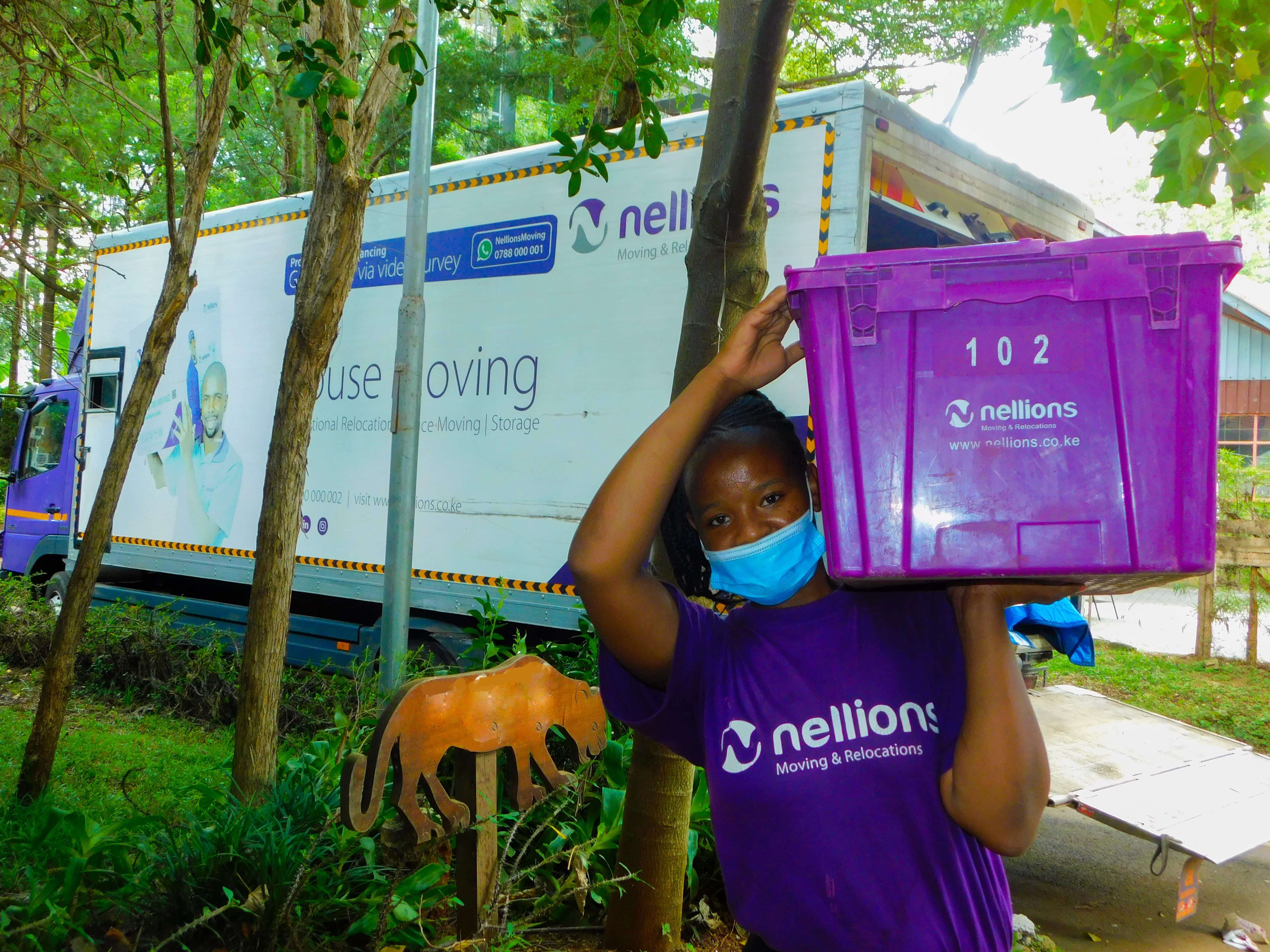
Given all the intricate steps involved in planning an international move, including possibly selling your house and ensuring all your documentation is in order, your stress levels can understandably get high.
As such, you want to plan ahead and start packing early. Sort out the items you’ll ship, store, donate, or sell, and then get a quote from a reputable international moving company that specializes in international moving.
Given Nellions’ experience and expertise in relocating diplomats internationally and to Kenya, you’ll be settled in Nairobi.
What’s not to like in a mover who helps unpack and set up your home once your shipment arrives and even guides you through buying furniture in Nairobi ?
Get in touch with Nellions today and let the experts smoothly handle your packing, shipping, and documentation for a hassle-free relocation experience.
READ MORE: What to expect when moving in the top neighbourhoods in Nairobi




